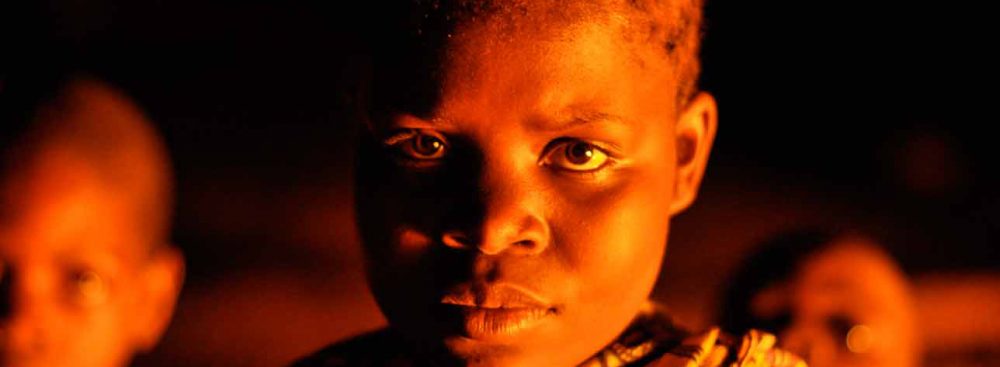International interventions can operate pretty independently from local contexts. In Congo, most of the staff from international organizations do not know much about the country’s politics, and I would argue that this is because they don’t have to. A good way to exemplify this is asking “who is Boshab”? Having failed this test myself in the past, I want to highlight that many staff members have technical professions far removed from diplomatic interaction and that a lack of (quality) Congolese media make it difficult to follow local politics. Yet, knowing the name of the Deputy Prime minister, former Speaker of Parliament (till 2012) and former Secretary General of the ruling party (till last week), might be considered good style when you are attempting to “help” another country.
During recent fieldwork in Congo, my attention was drawn to the other extreme – the “Congo nerds”. These are westerners, typically researchers and journalists, who have an applaudable knowledge about the country. These people know the army regiments and hundreds of commanders within them; they know national, provincial and local politicians and are sometimes intimate with armed groups. They talk about these things, are curious and ask questions. Although the name-dropping can get a little irritating, the knowledge and underlying experience is enviable.
The upcoming local/ provincial (2015) and national (2016) elections in Congo are the reason behind the Report at hand. The comprehensive report situates the analysis of the election preparations in a description of the key political moments during the recent years such as the “national consultations” and the M23 rebellion. It also explains the structural and institutional issues of Congolese politics, such as the lack of independence by the electoral commission (CENI), the highly fragmented political landscape and the tightly controlled security apparatus. In this manner, the report identifies several risks connected to the decentralization process, the overly ambitious electoral calendar and divisions within both the opposition and the ruling majority. Some of these aspects, such as the voter role, are quite technical, but nevertheless important for understanding the framework in which action takes place.
The report does justice to the role of key actors from politicians, to police, military, civil society and church leaders. More than 30 individual stakeholders are introduced. Being still quite ignorant on the Congolese actors, I appreciate this thirty something pages full of background knowledge, names and institutions as a great opportunity to study up. However, I am wondering how effective this detailed description is for people who merely want to get the bigger picture. It might divert attention from the analysis, which could have benefitted from a more central argument as organizing principle.
With a coup attempt and on-going fighting in Burundi, the intentions and action of Congo’s president deserve scrutiny. Just as in the case of Burundi and Rwanda, Congo’s constitution foresees President Kabila stepping down after having served two terms in office. But like Pierre Nkurunziza and Paul Kagame, Kabila seems to be decided to continue. He has not publicly clarified his intentions, which in itself is oil in the fire of pre-election tensions. However, there are clear indications that the regime tries to stay in power by all means. The report identifies three subsequent strategies: first, the regime attempted to amend the constitution. When that did not work, Kabila attempted to create legal obstacles to delay the elections. Since the new electoral law was abandoned due to widespread protests, the Congolese Government is now deliberately trying to produce chaos through pushing ahead with the elections and the decentralization process: “The sheer magnitude of the electoral agenda, in particular the local and provincial elections, combined with the sudden urgency in the otherwise stalled establishment of the new provinces, is likely to result in massive confusion and disarray…Such a scenario would justify an indefinite delay of the elections.” (P. 17)
The report naturally ends on recommendations. And here I see a big discrepancy between the analysis and the proposed action: While the report develops a picture of a power-hungry, Machiavellian Kabila regime, it suggests that this very regime could be compelled to a turn around through the threat of the withdrawal of international support. To be successful, this step requires that the regime would care. However, the earlier descriptions as well as other sources suggest that these men are primarily concerned with holding on to power. From the very beginning, they have been beneficiaries of this predatory state and are likely to cherish continuing more than they fear the withdrawal of international support. If they are attempting to compel the regime to anything, international negotiators ought to imply consequences for personal assets and traveling freedoms.
